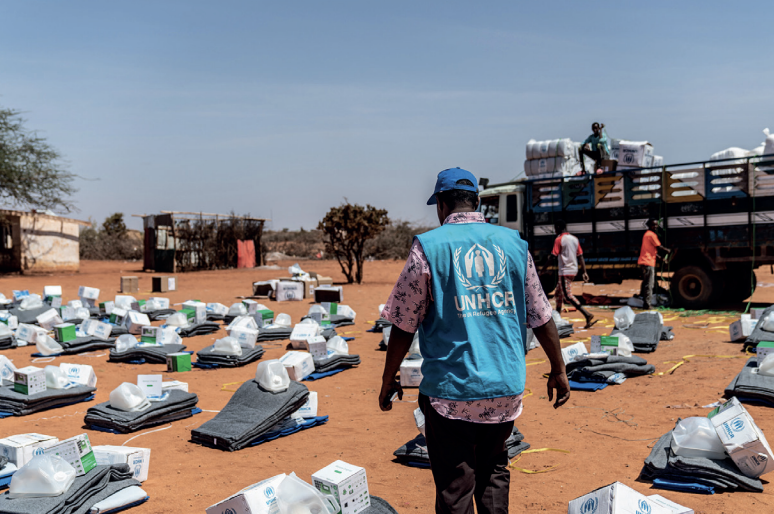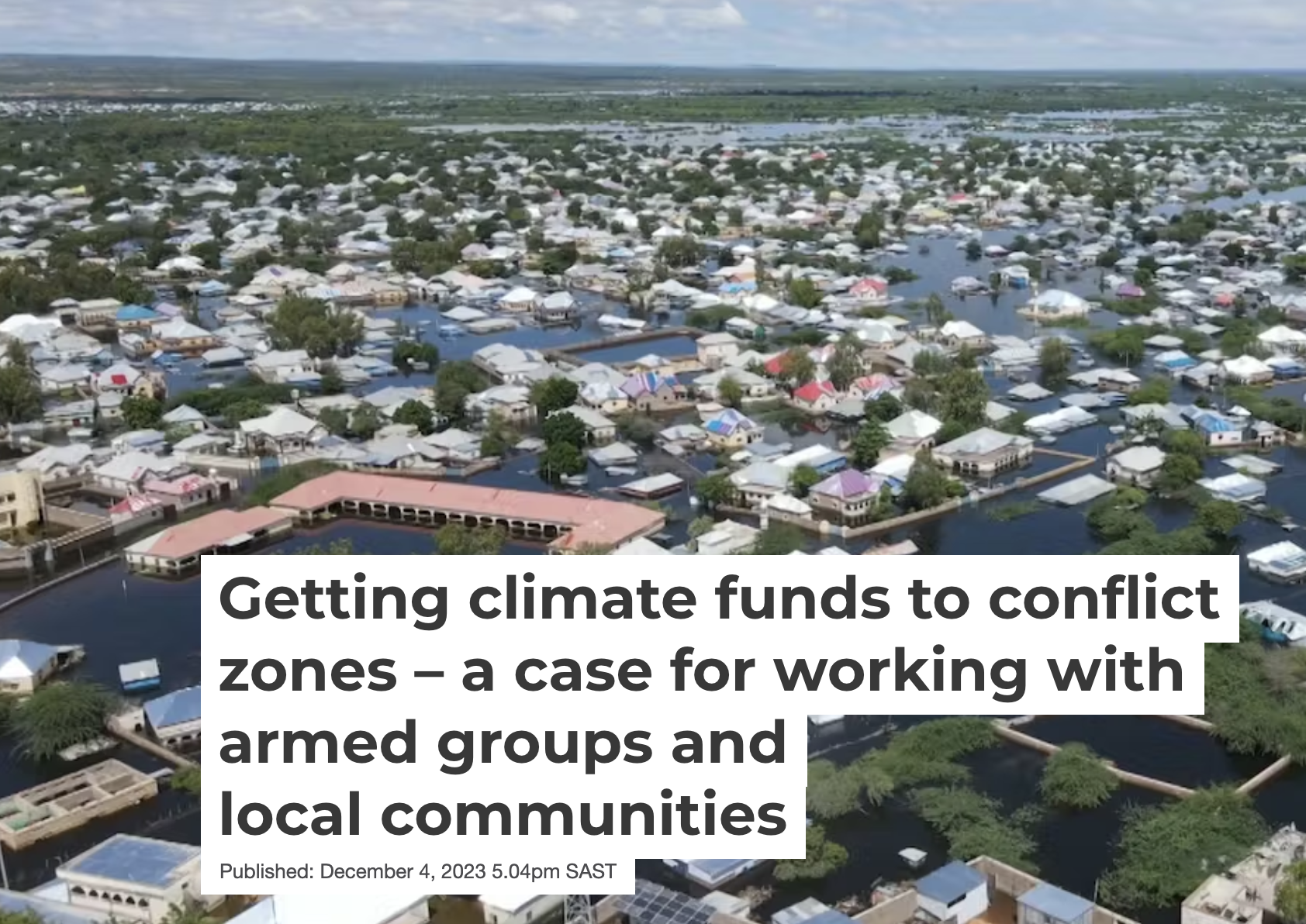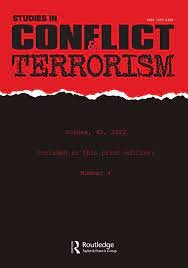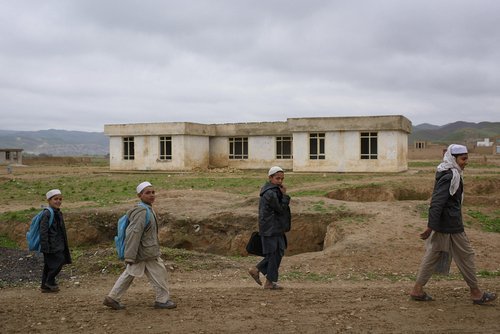Ashley Jackson
Ashley Jackson
Co-Director
Email: jackson@armedgroupscentre.org
Social media: LinkedIn | Bluesky | X
Ashley’s research and policy work broadly focus on armed groups, conflict, peacebuilding, political economy, humanitarianism and international aid. She began her career as an aid worker in southeast Asia and Afghanistan, with the Red Cross, Oxfam and the UN. She has written widely on negotiating with armed groups and advised various UN agencies, NGOs and governments on humanitarian access and conflict mediation.
She has written extensively on the conflict in Afghanistan and the Taliban. Her first book, Negotiating Survival: Civilian-Insurgent Relations in Afghanistan (Hurst/Oxford University Press, 2021), focuses on life under Taliban rule and the nature of civilian agency in wartime. She has also advised the UK Parliament, the US State Department and others on the Afghan war.
In addition to her academic and policy work, Ashley has written for Foreign Policy, the New York Times, Washington Post, Al Jazeera, Politico, and others. Ashley holds a PhD from the War Studies Department at King’s College London, an MSc in Gender and Development from the London School of Economics.
She is originally from New York, but currently resides in Nairobi.
















